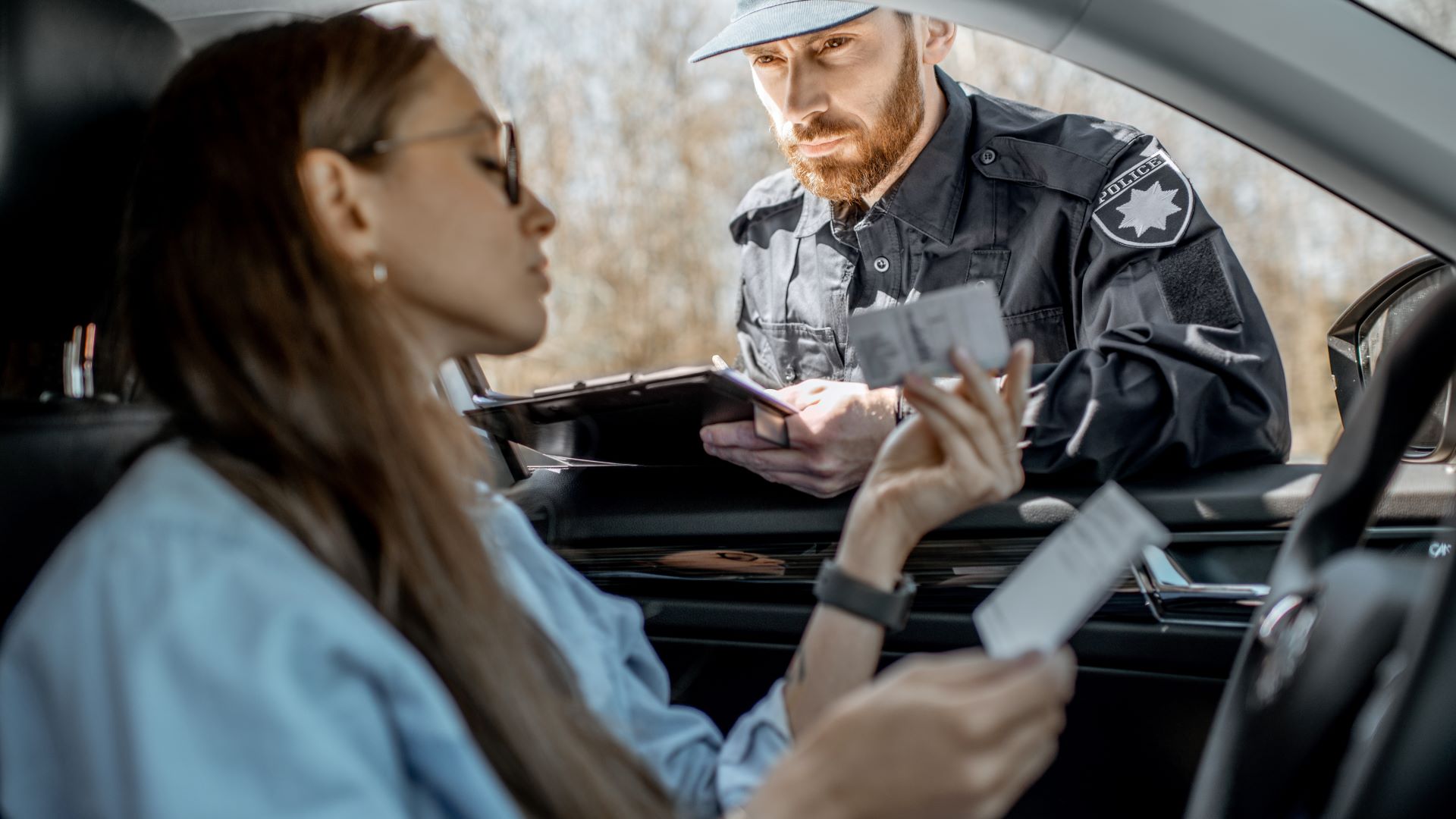
How To Handle A DUI Traffic Stop And Field Sobriety Test
Keep in mind, the police don’t have to suspect you of driving under the influence to pull you over. The police can pull you over for virtually any reason, including:
- Broken/missing brake or signal lights
- Failing to signal when turning or changing lanes
- Driving too fast or too slow
- Throwing litter out of your car
- Driving while talking on your mobile phone
Many of these reasons are simply a pretext for the police to see if you might be a drunk driver. If you do get pulled over for a DUI traffic stop, here’s how to handle the situation.
Ready To Speak To An Attorney?
Call us now at (707) 540-2356
DUI Traffic Stop Questions
When the officer approaches your car, they will ask you for your license, registration, and proof of insurance. You can and should provide these documents. After the officer looks over your documentation (they may go back to their own vehicle to run a check for outstanding warrants and prior violations) they’ll likely try and ask you a series of questions.
You have the right to remain silent during any police questioning. The way to exercise that right is to calmly and politely state that you are invoking your right to remain silent. Do not sit in your car and say nothing at all, you need to verbally invoke your right to remain silent so that the officer understands you’re exercising your rights.
Under no circumstances should you try and explain yourself or talk yourself out of the situation. In most cases, you’ll only make the situation worse.
Field Sobriety Tests
There are several types of field sobriety tests that a police officer may ask you to perform. These tests include:
- Following a flashlight with your eyes
- Touching your finger to your nose
- Standing on one foot
- Walking heel-to-toe in a straight line
These tests are all highly subjective and you can (and should) legally refuse to take them. After this, the officer will probably ask you to submit to a breathalyzer test. A handheld breathalyzer is used to give an approximate indication of your blood-alcohol level. The key word there is approximate. These tests are not 100% reliable and, unless you haven’t consumed any alcohol in the last eight to twelve hours, you should refuse this test as well.
If you refuse both the field sobriety tests and the breathalyzer, the police will then have to make a decision if they have enough evidence to arrest you for DUI. If the police do decide to take you into custody, you’ll have to make a tough decision: submit to either a breathalyzer or blood test, or refuse again and lose your license for a year.
Because a breathalyzer is less accurate (and therefore easier to dismiss as evidence), we recommend taking that option instead of giving blood.
When To Call An Attorney
If the police let you go after a traffic stop, then count yourself lucky and don’t worry about contacting a lawyer. If, however, the police decide to take you into custody after a DUI traffic stop and field sobriety test, you should contact an attorney as soon as you are able.
If you have been polite to the officers, they may let you make a phone call before they put you in their car and take you to jail.
At Quinnan Law, we have extensive experience successfully defending clients from DUI charges. To learn more, or to get immediate help with your case, please call us today.
REQUEST A FREE PHONE CONSULTATION
At Quinnan Law, we offer every client a free phone consultation to discuss their unique situation and determine how we can help. To arrange a consultation, please fill out the adjacent form or call us at: (707) 540-2356.
We provide representation in California State and Federal Courts. We accept most major credit cards for your convenience.
